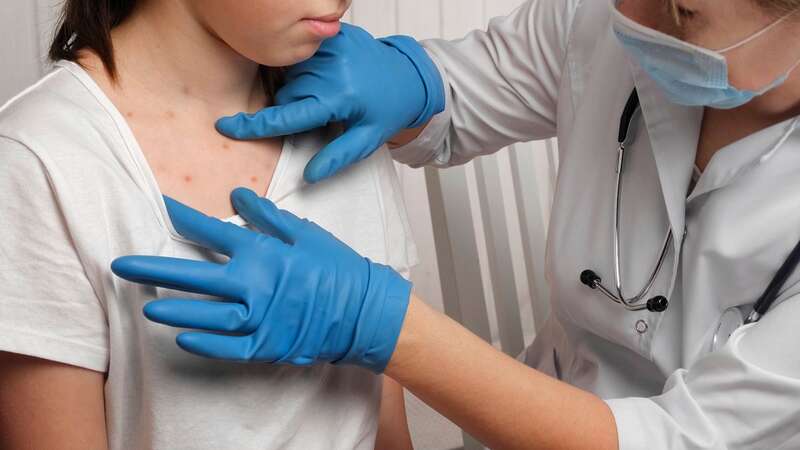
Brits are being urged to take action after a tourist travelling across Europe caught measles and brought it back home with them.
The traveller, originally from the US, came to Europe on a holiday and passed through Seattle-Tacoma International Airport between May 10 and 11. When they arrived back in the USA, they were found to have been carrying the disease.
Health officials are now warning those who believe they may have come into contact with the infected individual to check if they’ve been vaccinated, or if they've had measles previously. Symptoms of the disease include a high fever, coughing, sneezing, red and sore watery eyes and a rash that usually appears after the initial symptoms. Anyone experiencing these should call their healthcare provider for advice immediately, being careful to avoid any public settings where the illness could spread.
The warning comes after the UK Health Security Agency (UKHSA) found almost 900 cases of the virus have been recorded in 2024 so far, compared with 368 cases recorded 2023, meaning England has seen more cases of the disease in the first four months of this year, than in the whole of last year.
 The UKHSA is reminding parents to check their child has the MMR vaccine (Getty Images)
The UKHSA is reminding parents to check their child has the MMR vaccine (Getty Images)Experts previously warned those travelling abroad to ensure they were fully vaccinated following an alarming increase in the number of people catching serious diseases overseas and bringing them home. Holidaymakers must make sure they’re fully up to date with all routine NHS vaccinations, as well as any necessary additional vaccines for the regions they are visiting.
 Families on alert as baby with 'highly infectious’ disease attends concert
Families on alert as baby with 'highly infectious’ disease attends concert
Dr Mary Ramsay, Head of Immunisation at UKHSA, said: "Nobody wants to get stricken down with sickness on their holidays or when travelling far away from home and it can be especially stressful and worrying if your child gets ill - sadly this does happen, but for many serious illnesses it is preventable. That's why it's so important if you're going on holidays overseas to be sure that you and all your family, especially young children, are up to date with all routine NHS vaccines well before you travel, in particular both MMR vaccines."
"Measles is one of the most highly infectious diseases and some countries are currently seeing very large outbreaks. There is also the risk of returning home and spreading measles to unvaccinated family and friends, with infants and pregnant women at high risk of serious illness or life-long complications."
The World Health Organization pointed to suboptimal vaccination rates around the world for the growing measles crisis – highlighting a sharp increase in measles cases in the European region, putting millions at risk. There are also fears that unvaccinated travellers will bring diseases like measles back into the UK from other countries, putting other unprotected members of their community at risk.
A childhood vaccinations campaign run by the UKHSA is reminding parents to check their child's Red Book to ensure they’ve received their MMR and other routine vaccines. Those who are unsure should contact their GP practice for a closer look at their child's records.
Read more similar news:
Comments:
comments powered by Disqus
































